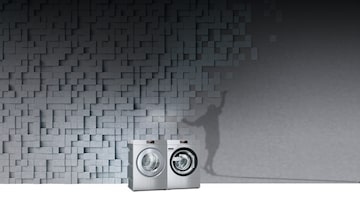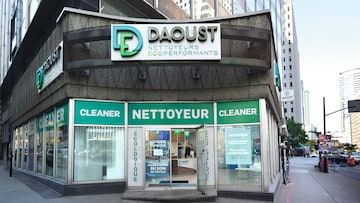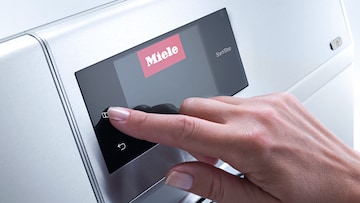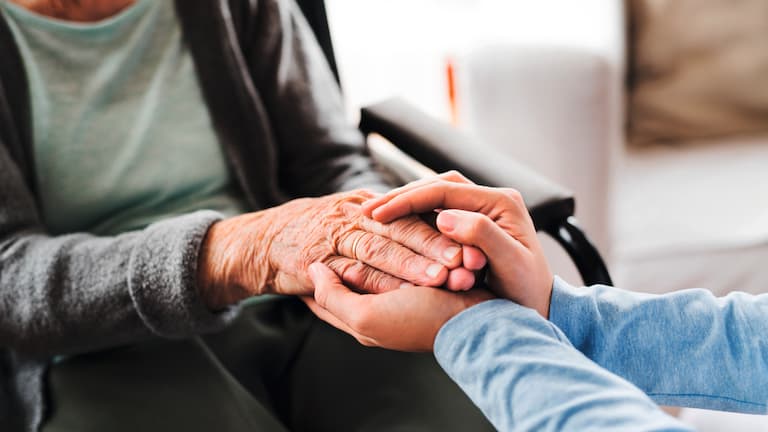
How care facilities contribute to quality of life
Entrance

For visitors to a care facility the entrance is the first thing they will see. Although this does not directly influence the quality of life for residents it gives a first impression to the quality of the care that is being provided. Making sure this area is bright, clean and has relevant information available to visitors is a must, as well as a friendly and knowledgeable receptionist, where appropriate.
Managers office
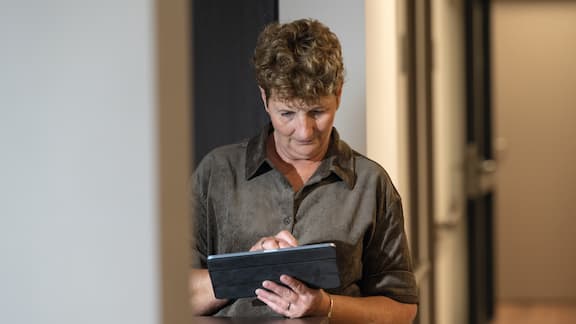
Quality of life for residents is impacted hugely by the way an organization is run. Management of good working practices and well supported staff are vital in making sure that a facility has quality of life at its core. For a manager, important considerations are:
- Quality standard accreditations
- A solid recruitment program to ensure the facility is well-staffed
- A comprehensive training program for staff
- High quality equipment that facilitates quality of care
- Tailored health plan for every resident
Care homes are built on the people who run them so its important that staff feel they are valued and able to provide the highest standards of care. Some simple ways to ensure staff make a valuable contribution to the quality of life of residents are:
- Providing them with free, easy accessible and relevant training
- Providing resources that enable them to do their jobs more effectively – this could be anything from interactive healthcare records to the most reliable kitchen and laundry equipment
- Ensuring that they have clean and tidy uniforms that fit well for manual handling of residents
It’s also important that care staff feel that they have a voice and can influence positive change in a care home. Regular communication with all of the team is important to gather opinions and ensure that everyone is heard. The demands on the carers of the future are changing. What does the carer of tomorrow need to know? Read more here.
Residents room

A resident’s room is their retreat – a space that should feel like their home. Quality of life here is about reinforcing familiarity and creating a safe space. Whether this is about having personal items on display, such as family photographs or ornaments from home, or in the smells and sounds that they choose to surround themselves with. Residents should be actively encouraged to make their room their own – a personalized space that feels like home helps to improve the quality of life they feel on a day-to-day basis. Smell is a very powerful sense and residents should be encouraged to have smells in their rooms that are familiar and make them feel comforted – this can be particularly important as eyesight starts to fail. Read more about the importance of the senses for quality of life in a care home here.
Laundry
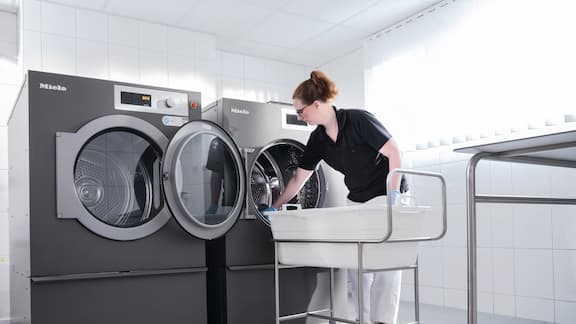
Having a laundry in-house provides a valuable resource to a care home and helps to facilitate quality of life in a number of different ways.
Ensuring all laundry is not only clean but hygienically clean and free from micro-organisms that can cause harmful diseases to spread is a significant benefit to a care home. This can be achieved with the latest commercial laundry equipment and means that residents are always protected. With an in-house laundry this can be achieved quickly and efficiently without the need to send the laundry away for processing. This puts care home staff in control of the process and also means that urgent laundry requirements can be met instantly.
In a care home facility that offers assisted living rather than just nursing care, the laundry can be a great place to help residents maintain some independence. Doing everyday chores such as laundry and cooking can help to maintain a sense of self and freedom. Professional laundry equipment of today is great for this because the user interface is so simple to use. You can find more information on this in this blog article
Kitchen

As with the laundry, quality of life can be facilitated either indirectly by staff or directly by the residents themselves.
Maintaining excellence nutrition and hydration is crucial for a good standard of life for residents and staff alike. The kitchen can contribute significantly to this by creating nutritionally complete meals that meet the needs of both residents and staff, even taking into consideration food intolerances and preferences.
For residents who are more independent the kitchen offers an opportunity to be creative under the guidance of staff. This can mean anything from baking classes to simply being able to make their own drinks when they want to. You can read about the role that personalization plays in care here.
Communal spaces

Quality of life is generally improved when people spend time in the company of others. This is why communal spaces in care facilities are so important. From a dining room to a social area and even a communal laundry area – creating a sense of community and togetherness between residents, staff and visitors is important. Enhancing quality of life comes, in part, from the in-person interactions that happen each day. From a carer helping a resident to get out of bed and get dressed, to residents sitting together for a game of charades or taking part in a group exercise – all of these interactions contribute to the overall quality of life an individual will experience. Communication with relatives is also very important. Thanks to modern technology, this is easy. Read more here.
Outside spaces

Vitamin D is an important vitamin for good health. It helps your body to absorb calcium which is one of the main building blocks of strong bones. The sun is a great natural way to get this vitamin with just 10 minutes of midday sunlight several days a week. Not only are there direct health benefits of being in the sunlight, being outside is also good for mental health. It can help to reduce the symptoms of Seasonal Affective Disorder (SAD), helping to improve mood and reduce feelings of stress or anger.
In addition to this there are a number of activities that residents can take part in outdoors that contribute to quality of life. Activities such as dancing, crafting, tai chi, lawn bowls and games such as bingo for example, are gentler forms of exercise that can improve mobility, mental agility and mind/body connection. You can find inspiration for activities to promote mental and physical activity in this article.
Conclusion
Quality of life can be positively influenced by so many different aspects of a care facility from its staff to its manager, its outdoor spaces to its soft furnishing and cleanliness. The job of everyone involved in the care of elderly residents is to ensure that the very best service is delivered at every turn to create a supportive and welcoming environment for all residents and their families, promoting the highest possible quality of life.

